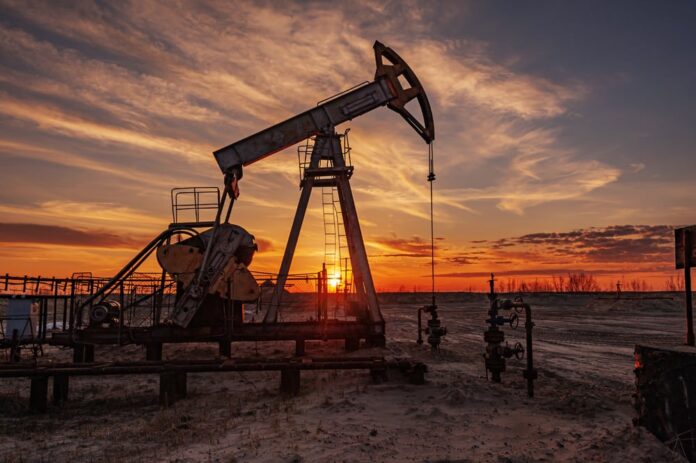RIYADH: Oil prices settled higher on Friday but fell week-on-week after health authorities in China eased some of the country’s heavy COVID-19 curbs, raising hopes for improved economic activity and demand in the world’s top crude importer.
Brent crude futures settled up $2.32 at $95.99 a barrel, extending a 1.1 percent rise from the previous session but falling 2.6 percent on the week.
US West Texas Intermediate crude futures settled up $2.49, or 2.9 percent, at $88.96 a barrel, after climbing 0.8 percent in the previous session but down nearly 4 percent on the week.
India can buy as much Russian oil as it wants, outside price cap: Yellen
The US is happy for India to continue buying as much Russian oil as it wants, including at prices above a G7-imposed price cap mechanism, if it steers clear of Western insurance, finance and maritime services bound by the cap, US Treasury Secretary Janet Yellen said on Friday.
The cap would still drive global oil prices lower while curbing Russia’s revenues, Yellen said in an interview with Reuters on the sidelines of a conference on deepening US-Indian economic ties. Russia will not be able to sell as much oil as it does now once the EU halts imports without resorting to the capped price or significant discounts from current prices, Yellen added.
“Russia is going to find it very difficult to continue shipping as much oil as they have done when the EU stops buying Russian oil,” Yellen said. “They’re going to be heavily in search of buyers. And many buyers are reliant on Western services.”
India is now Russia’s largest oil customer other than China.
Yellen told Reuters that India and private Indian oil companies “can also purchase oil at any price they want as long as they don’t use these Western services and they find other services. And either way is fine.”
Canada, Nigeria target oil and gas methane emissions with new laws
Oil and gas producers Canada and Nigeria have become the latest countries to tackle the potent greenhouse gas methane with laws to rein in emissions in the fossil fuel energy sector.
The announcements came as the US on Friday said it would expand its own rules to require oil and gas drillers to find and fix leaks of methane at all of the country’s well sites.
Methane has more than 80 times the planet-warming potency of CO2 in its first 20 years, but breaks down faster in the atmosphere, making it a high-value target for near-term efforts to slow climate change.
Canada said its new rules would target a 75 percent cut in methane emissions from the oil and gas sector by 2030, including through a proposed monthly requirement for oil and gas companies to find and fix methane leaks in their infrastructure.
“It’s kind of a big deal for us, we are the fourth biggest producer of oil and gas. So, we have a big responsibility, but it’s also a big challenge,” Canadian Environment Minister Steven Guilbeault said at the UN climate summit on Friday.
Nigeria, among the world’s top 10 methane emitters, announced new rules for how to reduce emissions in its oil and gas industry. They include requirements for leak detection and repair, limits to flaring and controls on venting equipment.
Methane is the main component of natural gas, and leaches into the atmosphere from oil wells and leaky gas pipelines.
(With input from Reuters)

